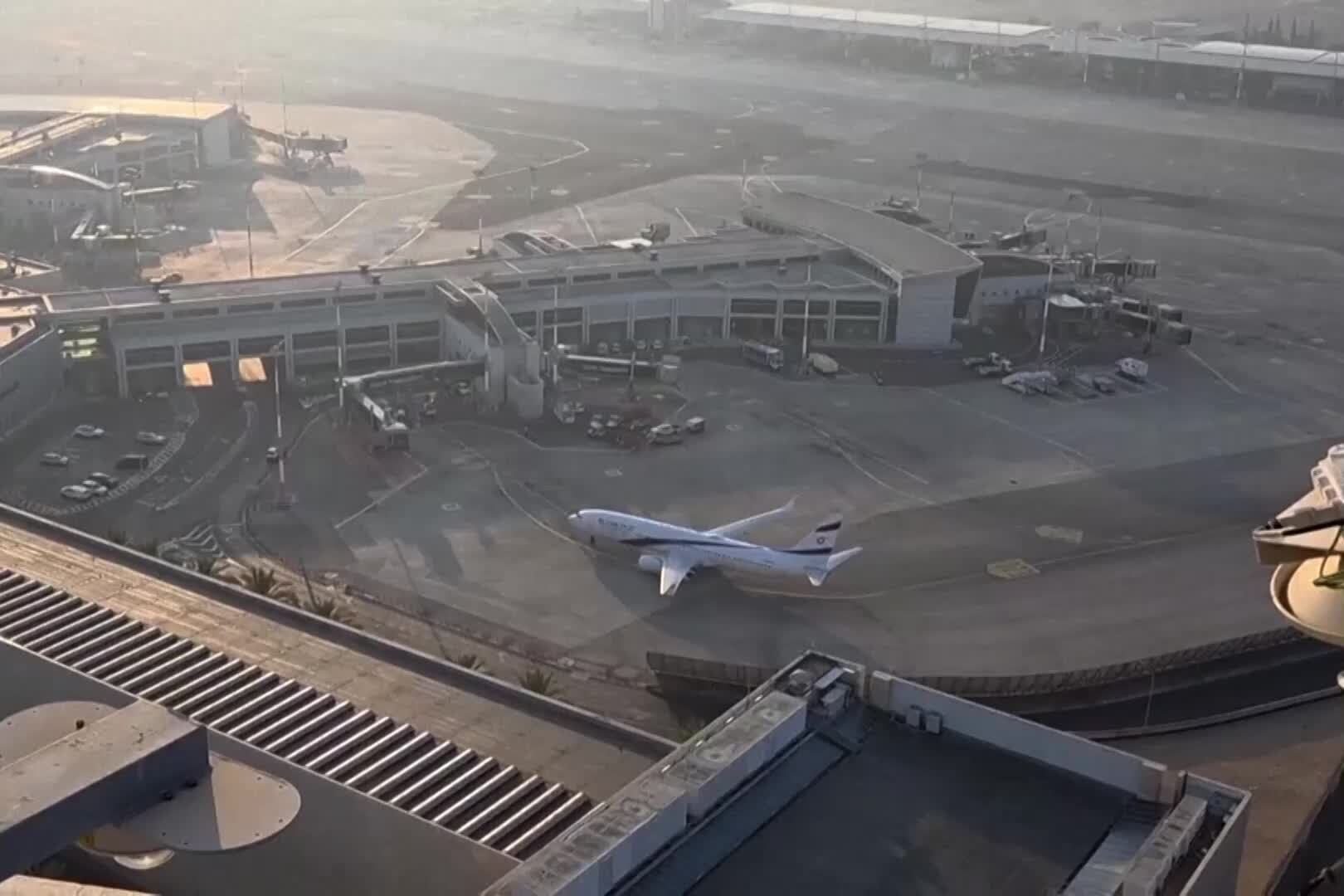Articles in this Cluster
17-06-2025
Israel launched strikes on Iran citing an imminent nuclear threat, but U.S. intelligence assessed Iran was not actively building a bomb and was likely up to three years from producing and delivering one. After the strikes, U.S. officials believe Iran’s program was set back only months: Natanz was damaged, but the fortified Fordow site remains intact, which Israel likely can’t destroy without U.S. bunker-busting munitions and bomber support. The episode highlights a split between U.S. civilian intel and U.S. Central Command on Iran’s timeline, as well as differing U.S.-Israeli interpretations of shared intelligence. The Trump administration is trying to avoid direct involvement while repositioning forces to defend Israel, with naval assets moving into the region. Trump has suggested Iran was “very close” to a weapon despite prior DNI testimony that Iran isn’t building one and hasn’t authorized a weapons program since 2003.
Entities: Israel, Iran, United States, U.S. intelligence, U.S. Central Command • Tone: analytical • Sentiment: neutral • Intent: inform
17-06-2025
The article examines Israel’s evolving objectives in its strikes on Iran. While Prime Minister Netanyahu frames the campaign as preventing Iran’s nuclear weaponization, recent targets—ministries, police HQ, Quds Force command, and energy sites like South Pars—suggest a broader strategy. Analysts describe an incremental priority: first degrading nuclear capabilities, then attacking delivery systems, leadership, and fuel supplies tied to the military. This aligns with Israel’s “Octopus Doctrine,” shifting focus from Iran’s proxies to the regime itself. Some experts argue Israel may be seeking regime destabilization by hitting energy infrastructure to spur unrest, reinforced by Netanyahu’s direct appeals to Iranians to “stand up” against the regime. However, the article notes significant civilian harm, questions the efficacy and risks of external interference, and highlights uncertainty over whether such strikes can truly weaken the regime enough to enable an internal uprising.
Entities: Israel, Iran, Benjamin Netanyahu, Quds Force, South Pars • Tone: analytical • Sentiment: neutral • Intent: analyze
17-06-2025
The article argues that Israel’s strikes on Iran are a high-stakes gamble that must fully succeed to deter Tehran’s nuclear ambitions. Israel has achieved precise decapitation strikes and degraded Iran’s air defenses, aiming to cripple both the nuclear program and the regime’s capacity for repression. However, Iran’s advanced know-how means its nuclear capability can’t be permanently destroyed; unless the regime’s will—and potentially the regime itself—falls, Iran will likely rebuild and race for a bomb. Hence Israel is also targeting infrastructure to stoke internal unrest, because anything short of regime change risks failure.
Entities: Israel, Iran, Tehran, nuclear program, air defenses • Tone: analytical • Sentiment: negative • Intent: analyze
17-06-2025
Israel conducted overnight airstrikes around Tehran, targeting what it said were weapons-production sites and a centrifuge facility linked to Iran’s nuclear program, while intercepting Iranian drones. Sirens and missile launches were reported as evacuations from parts of Tehran intensified amid widespread internet disruptions. The U.N.’s nuclear watchdog said Israeli strikes caused “direct impacts” at the Natanz underground site. Israel claims it killed Maj. Gen. Ali Shadmani, further disrupting Iran’s military leadership, which Iran has not confirmed.
Tensions escalated as President Trump called for Iran’s “unconditional surrender,” suggested knowledge of Ayatollah Khamenei’s location, and increasingly aligned U.S. rhetoric with Israel’s war effort. Trump and Israeli Prime Minister Netanyahu discussed possible U.S. involvement, including use of American bunker-buster bombs against Iran’s Fordo site. U.S. officials say Iran has prepared missiles for potential retaliation against U.S. bases if Washington joins the fight.
Israel’s civilian airspace remains closed, stranding travelers; special flights and a naval-escorted cruise ship are helping evacuate tourists and bring Israelis home. In Tehran, public figures, including a Khomeini descendant, vowed defiance as fears of a wider regional war grew.
Entities: Israel, Tehran, Iran’s nuclear program, Natanz underground site, Donald Trump • Tone: urgent • Sentiment: negative • Intent: inform
17-06-2025
The article details President Trump’s pivotal choice amid a rapidly escalating Israel-Iran conflict: whether to join Israel in striking Iran’s deeply buried Fordo nuclear facility using the U.S.-only Massive Ordnance Penetrator delivered by B-2 bombers, or to pursue diplomacy that could revive a nuclear deal. While Trump has signaled interest in talks—via envoys Steve Witkoff and possibly Vice President JD Vance—his rhetoric and early G7 departure suggest urgency and ambiguity. Iran’s foreign minister Abbas Araghchi indicated conditional openness to diplomacy if Washington reins in Israel. U.S. intelligence sees Iran shortening bomb “breakout” timelines but not achieving major breakthroughs; experts agree Fordo’s survival would preserve Iran’s pathway to a bomb. Alternatives like cutting power to damage centrifuges exist but are uncertain. Israel lacks the capability to hit Fordo without U.S. help, intensifying pressure from some U.S. and Israeli figures to use bunker busters, while revealing a Republican split between hawks and anti-interventionists over risking direct U.S. involvement in another Middle East war.
Entities: Donald Trump, Israel, Iran, Fordo nuclear facility, Massive Ordnance Penetrator • Tone: analytical • Sentiment: neutral • Intent: analyze
